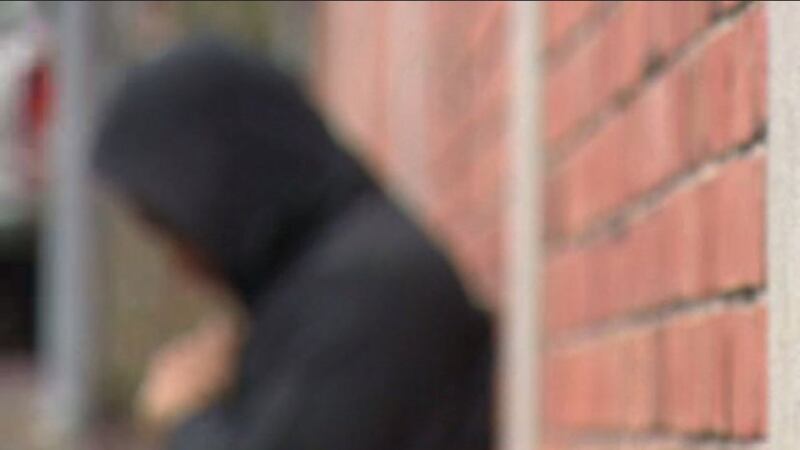The independent panel considering the 2014 family justice reforms is now seeking feedback on its proposals from families, workers and others who have used services in the field.
The submission round opens today and ends March 1.
Panel chair Rosslyn Noonan says, “We are open to the suggestions being challenged and there are a number of issues we are still considering.
“It’s therefore essential that we hear from people with a wide range of experiences across the family justice system. The final report will be strengthened by the responses we receive.”
The panel's first round of consultations took place between September and November 2018.
Noonan says parents, grandparents, caregivers, children, youth and whānau spoke about the difficulties they experienced in the Family Court and with related services.
“Many of the professionals we met, or who made submissions, spoke of significant barriers to timely, fair, long-lasting resolutions to those disputes. Early evaluations of the effect of the 2014 changes and current research support these concerns.”
Noonan says the panel envisages a network that brings together the Family Court and a range of services to form a cloak of support for separating parents, caregivers, and whānau who need help making decisions around their children.
Specific proposals include:
• Making targeted counselling available.
• Allowing people involved in care of children disputes unrestricted representation from a lawyer.
• Allowing people to make an application to the Family Court at any time and without preconditions.
• Establishing an effective triaging (sorting) system when applications are filed in court, so cases needing urgent judicial attention are referred directly to a judge for direction.
• Introducing new roles to improve how the court deals with applications and to support joined-up family justice services.
Noonan says the panel is also working on proposals to ensure:
• Recognition of Te Ao Māori and integration of tikanga Māori into family justice services.
• Systematic accommodation of people with disabilities.
• Children can take part in a meaningful way, ensuring their voices are heard.
• Strengthening children’s safety and the way family violence is dealt with.
A final report will be submitted to Justice Minister Andrew Little in May.

